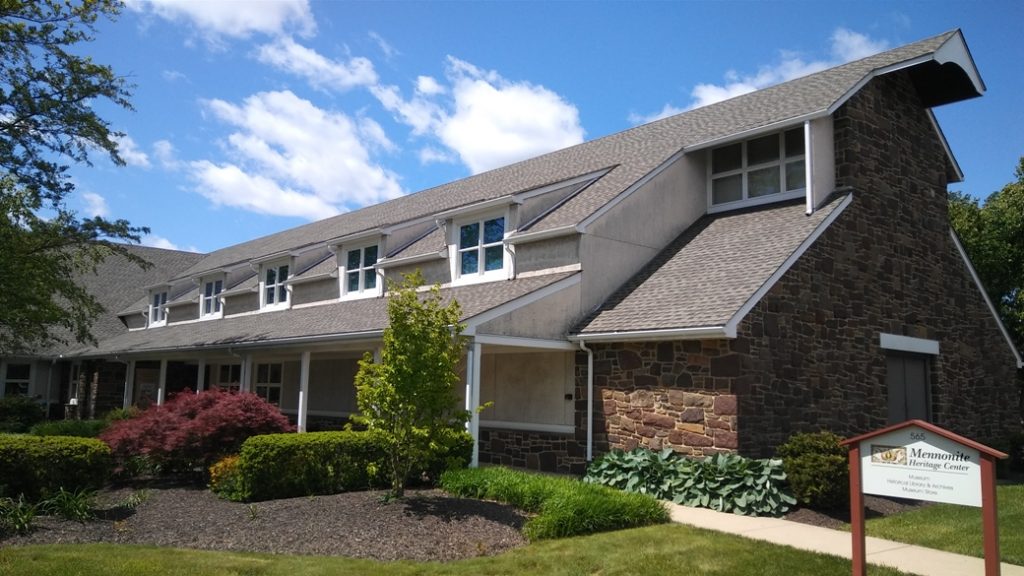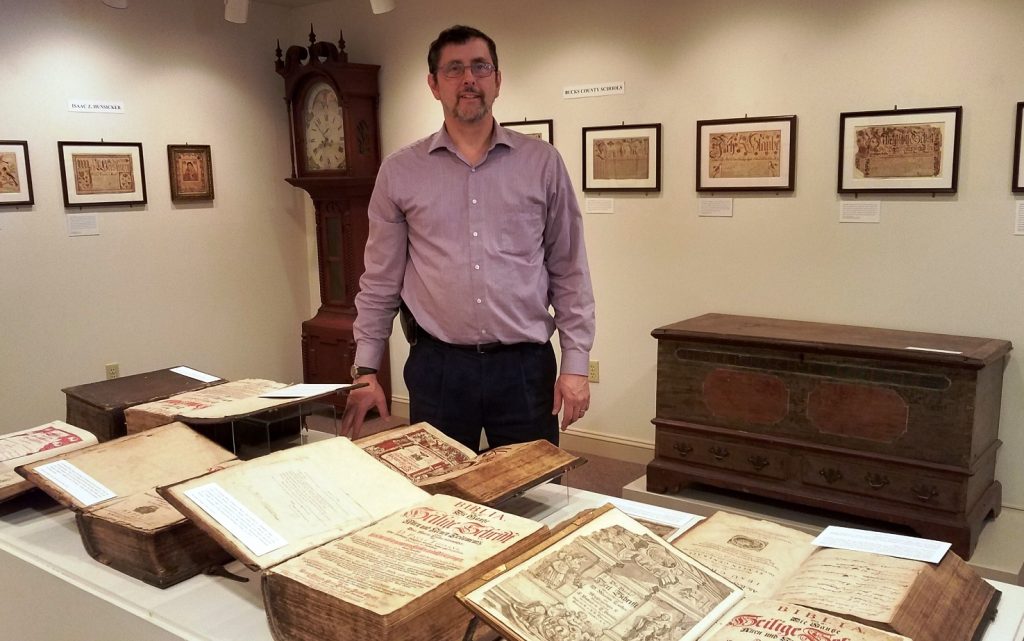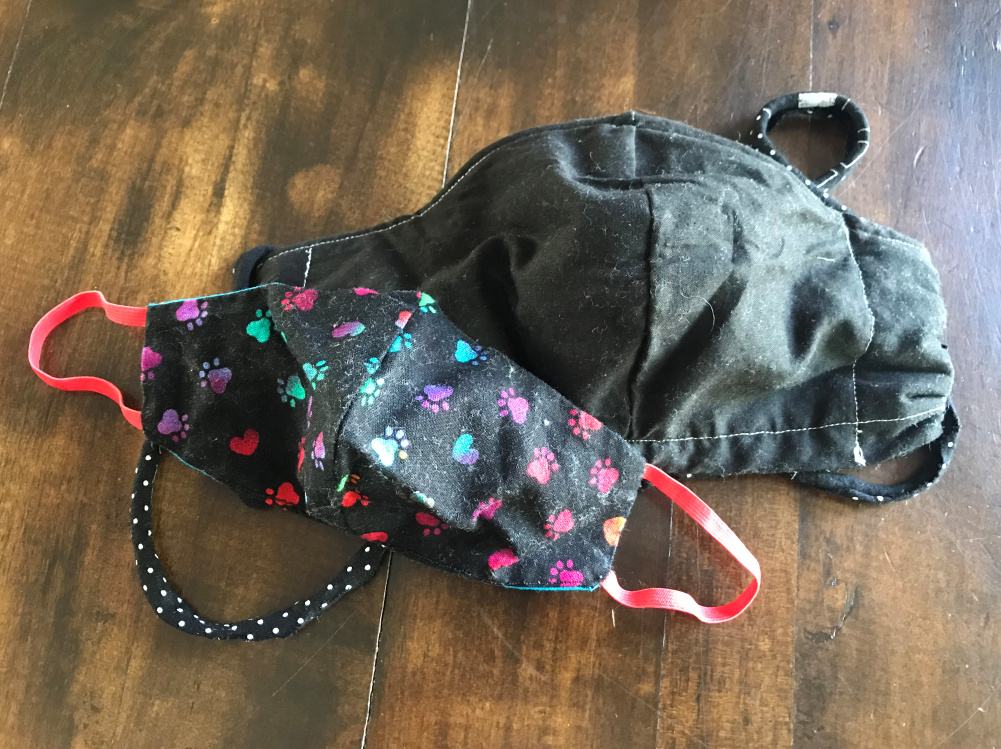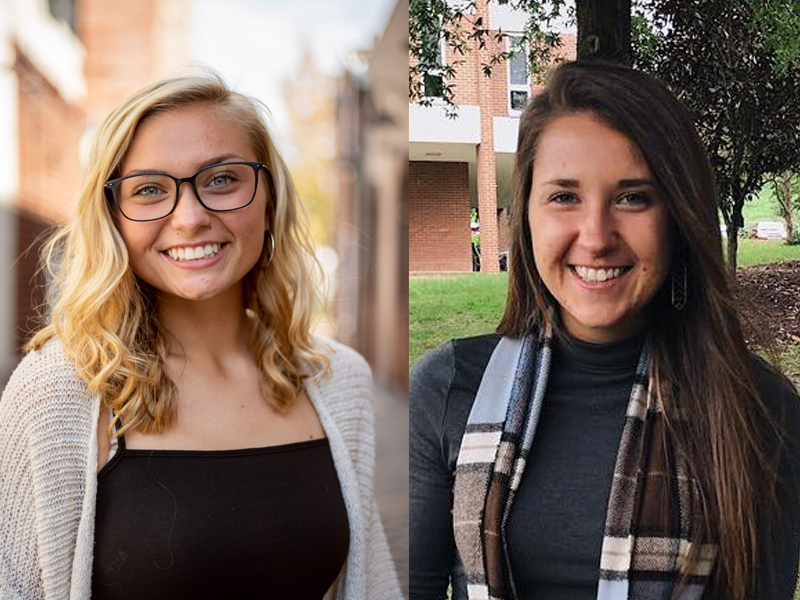by Randy Heacock, Leadership Minister
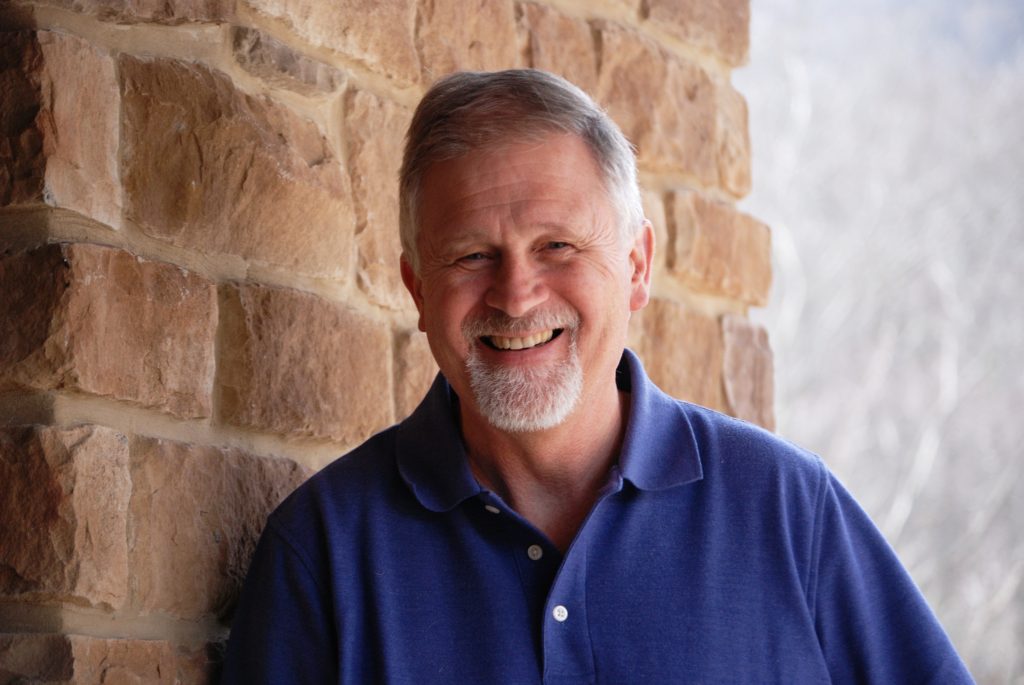
Over the past few years, I worked with several congregations as they looked for a new pastor. I appreciate the opportunity to learn the joys and challenges of a search process with congregations. I have also had interesting discussions with potential pastors regarding their expectations in a new setting. While we want good sermons, we desire a person who is relatable, the right age, properly educated, and, of course, experienced.
While looking for the right pastor, many questions arise. What do we actually want a pastor to do? What do we hope pastors accomplish? Who is it that influences such conversations?

How we answer these questions, might lead to more questions. How might our pastoral job descriptions and memos of understanding increase the chance for our congregations to become healthy? Is it possible that a different focus could empower congregations to reach out to others more effectively? Could greater clarity enable a given pastor to make best use of his/her gifts?
I encourage congregational leaders and pastors to give these questions more intentional time and energy. It seems some of our congregational patterns need attention.
The following are three areas that may benefit both congregations and pastors to develop greater clarity and focus.
- Do we hire pastors to do the work of the church or do we hire pastors to lead and equip individuals to carry out the ministry of the church? This may seem simple, but many churches hire a pastor believing the pastor is responsible for caring, outreach, growth, spiritual nurture, and more.
Clarity on this will help determine how we expect a pastor to spend her time. It will also raise expectations for congregational participants. Such clarity will encourage pastors to develop the varied gifts of people God has given a particular congregation.
- Accountability is a crucial area where clarity is needed. A number of years ago a friend declared, “Seminaries train pastors to be lazy.” Though I strongly disagreed with his opinion, pastors need to be responsible and welcoming of accountability. Too often, however, I see boards and elders try to work at this by micro-managing the pastor.
Three keys areas that can create accountability are task completion, accessibility, and
responsiveness.
Does the pastor get his work done in a timely and thoughtful way? Is the pastor
approachable, both with her time and her spirit of openness to the concerns of
others? Does a pastor thoughtfully respond to situations and conflict or just react/ignore?
- Finally, are the patterns of communication open and clear so as to develop trust that empowers both pastor and laity? Well-developed trust can provide freedom and the space to risk. Too often, however, hidden agendas sabotage the development of a trusting relationship. If a pastor feels the freedom to try something different, creativity can lead to spirit-led movement. At the same time, honest feedback can help a pastor learn and understand context and impact.
I am certainly grateful for a congregation that has shaped me and contributed to my growth in this way. Pastors and churches need to find healthy patterns of communication and not just wait for an evaluation or assume silence is golden.
There are many wonderful congregations and potential pastors looking to lead. May we do our work to clarify expectations so we can better serve together!

